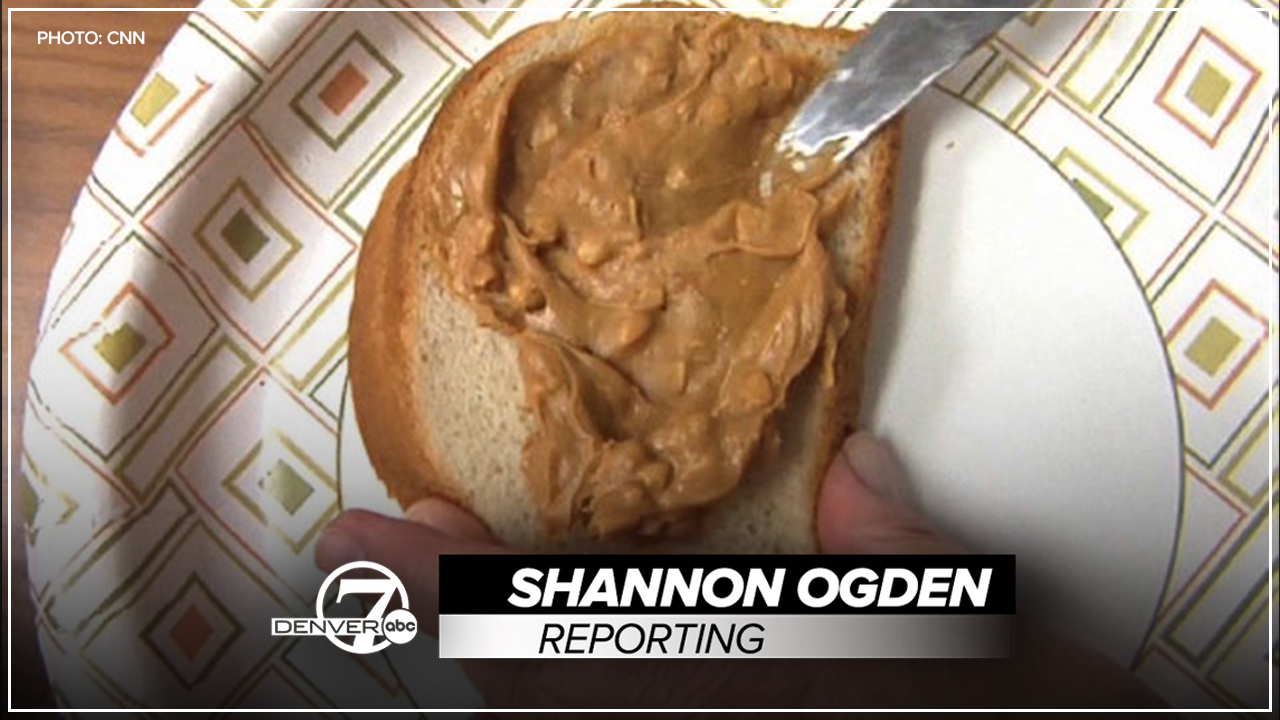DENVER — Peanut allergies in children have dropped dramatically since new guidelines were issued recommending parents introduce peanuts to young children, according to a study published this week in the journal "Pediatrics."
The study shows peanut allergies in children aged 0 to 3 fell by 27% after the guidance was first issued for high-risk kids in 2015, then by more than 40% after recommendations were expanded to all young children in 2017. Previously, doctors recommended delaying feeding children peanuts and other foods likely to trigger allergies until age 3.
The report shows that the change prevented 57,000 children from developing peanut allergies.
Denver7 anchor Shannon Ogden spoke with Dr. David Fleischer, section head of allergy and immunology at Children's Hospital Colorado, about the findings.
"I think the encouraging thing, too, is the conversations we now have with families about food allergies is very optimistic," Fleischer said. "So even if they do get a food allergy, we have treatments now available at Children's Hospital that we can start early on. And the earlier you start these interventions, the earlier you can get rid of these allergies in patients."
Peanut allergy is caused when the body’s immune system mistakenly identifies proteins in peanuts as harmful and releases chemicals that trigger allergic symptoms, including hives, respiratory distress and life-threatening anaphylaxis.
The new study emphasizes the current guidance that was updated in 2021, which calls for introducing peanuts and other major food allergens between four and six months, without prior screening or testing. Parents should consult their pediatricians about any questions.
So, when and what exactly do you feed infants to introduce them to these potential allergens? After establishing that infants are ready for solid foods, begin slowly including pureed peanut butter.
"You mix peanut butter in one of those pureed foods or cereals. Let it cool down. Heat it up with a little bit of water to dilute it. Heat it up and cool it down with veggies or cereal, and feed it that way. Or you can get PB2 powder, which is a good way to mix a powder, and a teaspoon of that is about a gram of protein. So you want to do 1-2 grams, 1-2 teaspoons of peanut butter several times a week," said Fleischer. "I think it's encouraging that A) pediatricians and primary care providers have gotten the message from allergists to introduce allergens early and talk to families and patients early about it, and B) that it's worked, actually. We're getting some data that shows that introduction has actually worked."







